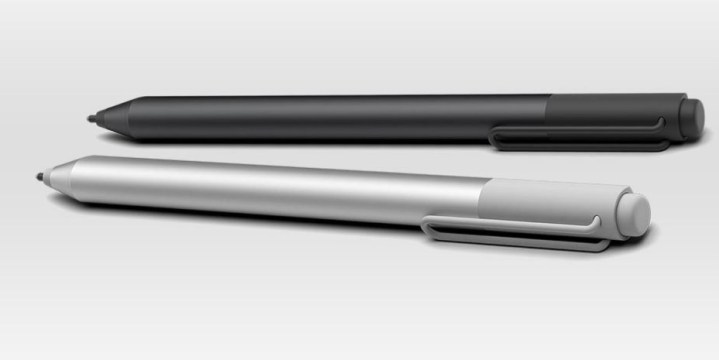According to MSPoweruser, the answer isn’t with the Pen, it’s with the tech behind the new device — the Studio itself. A Microsoft rep told them “the technology in the Pen hasn’t changed, but Pen enhancements are linked to the new devices themselves. So [it is the] same Surface Pen but improved performance with the technology built into Surface Studio.” So for a larger price tag (the Studio starts at $2,999), you get improved usability for the peripherals.
You should still be able to use your old Surface Pens that came with the Surface Pro 4 and the Surface Book on the Surface Studio. As MSPoweruser noted, “Microsoft’s Pen improvements are mostly tied to the hardware and firmware of the Studio, (so) you should be able to use your older Pens on the upcoming device should you choose to.”
The Surface has had a bit of a checkered past to this point. The line was released back in 2012, and the Surface Studio marks the 10th edition if you include models like the Surface Hub. Rolled out with a radical new keyboard cover and pen, it really was a tablet/laptop hybrid the likes of which we had not seen before. The release of the Studio and the marketing push behind it — including Surface being the official tablet of the NFL despite the objections of a certain New England coach — means Redmond is all-in on its evolutionary/revolutionary device. Get your Pen ready!



